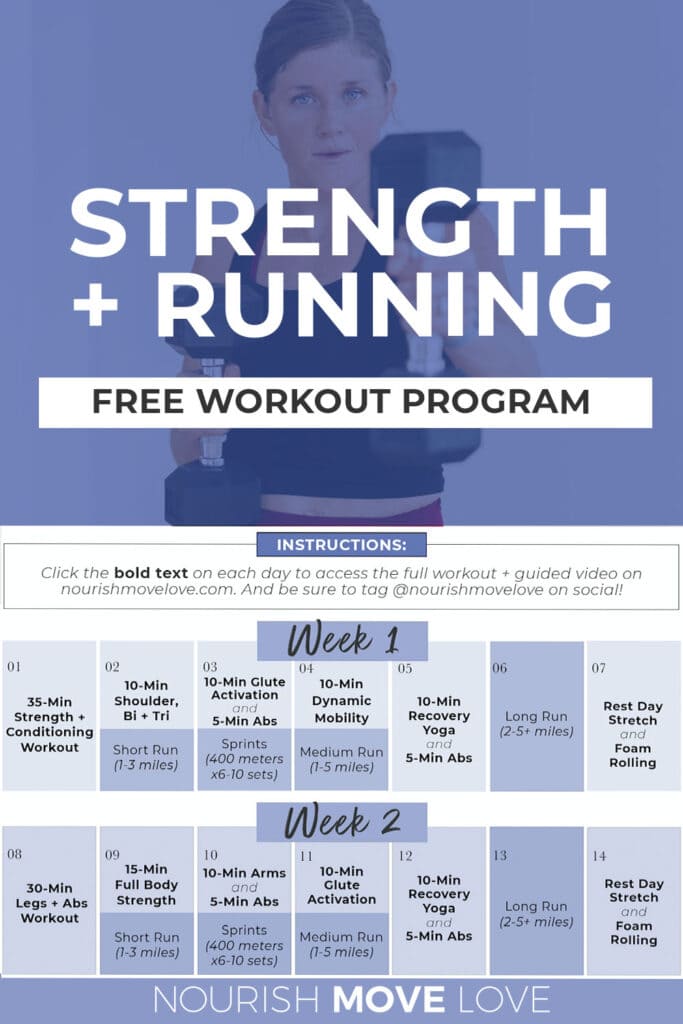Running Workout Tips: Improve Your Efficiency Today
Running Workout Tips: Improve Your Efficiency Today
Blog Article
The Ultimate Overview to Handling Discomfort When Running
Whether you are an experienced marathoner or simply starting your running journey, recognizing the different kinds of pain that can occur and the strategies to resolve them is important. From pre-run workout regimens to proper footwear option, there are numerous variables to take into consideration when it comes to dealing with pain while running.

Understanding Different Kinds Of Running Discomfort
When running, it is necessary to differentiate in between various sorts of discomfort to avoid injuries and take full advantage of efficiency (Read More). One common sort of discomfort that joggers might experience is muscle discomfort, which generally arises from the tension placed on muscle mass during exercise. This kind of pain is typically a typical part of the running procedure and can be taken care of via proper warm-up, cool-down, and extending regimens
An additional type of pain to be aware of is joint discomfort. Joint pain can indicate issues such as overuse, incorrect kind, or underlying conditions like arthritis. Ignoring joint discomfort can lead to a lot more severe injuries, so it is critical to resolve any discomfort immediately and perhaps seek specialist guidance.
Additionally, sharp or stabbing pains need to not be disregarded. These sorts of pain can signify intense injuries such as strains, sprains, or stress and anxiety cracks - running workout. Proceeding to run via these types of pain can worsen the injury and prolong recuperation time

Pre-Run Warm-Up and Extending Regular
To prepare the body for a running session, executing an efficient pre-run warm-up and extending regular is important. A proper warm-up aids boost blood flow to the muscles, enhances adaptability, and decreases the threat of injury during the run. Begin with dynamic stretches like leg swings, arm circles, and high knees to progressively elevate your heart price and relax the muscle mass. Dynamic stretching assists simulate the motions you'll be doing while running, preparing your body for the activity ahead. Follow this with fixed stretches focusing on significant muscle mass teams such as the get redirected here hamstrings, quadriceps, calves, and glutes. Hold each stretch for about 15-30 secs without bouncing to promote muscle relaxation and adaptability. Remember to listen to your body and adjust the intensity of your workout based on your physical fitness degree and any type of pre-existing problems. By incorporating a constant pre-run warm-up and extending routine right into your running program, you can enhance performance and lessen the risk of pain or injury.
Proper Shoes Selection and Fit
When picking operating footwear, it is important to consider aspects such as foot type, running stride, arch support, cushioning, and footwear size. Going to a specialized running shop for a gait evaluation and expert fitting can aid ensure that you pick the right shoes for your specific demands. Investing in top notch footwear that is ideal for your running design and foot anatomy is a proactive action towards protecting against discomfort and injuries throughout your runs.
Nutrition and Hydration Tips for Discomfort Prevention

Hydration is just as essential for runners to avoid cramps, dehydration, and various other discomforts that can lead to pain during running. By prioritizing nutrition and hydration, joggers can boost their performance, minimize pain, and enjoy a much more comfy running experience.
Post-Run Healing Techniques to Alleviate Pain
Carrying out efficient recovery methods is vital for easing pain and promoting muscle recovery after running sessions. In addition, icing aching locations for 15-20 minutes can assist decrease swelling and numb discomfort post-run.
Eating a well balanced snack or dish that consists of healthy protein and carbohydrates within 30 mins of ending up a run can aid fix muscle tissue and replenish energy shops. By integrating these post-run recuperation methods into your routine, you can successfully handle discomfort and maximize your running efficiency.
Final Thought
In verdict, resolving different kinds of running pain via proper workout, stretching, shoes choice, nourishment, hydration, and post-run recovery methods is necessary for discomfort prevention and administration. By comprehending the sources of pain and carrying out these methods, runners can minimize discomfort and possible injuries. It is vital to focus on total physical health and wellness and wellness to guarantee a successful and satisfying running experience.
Report this page